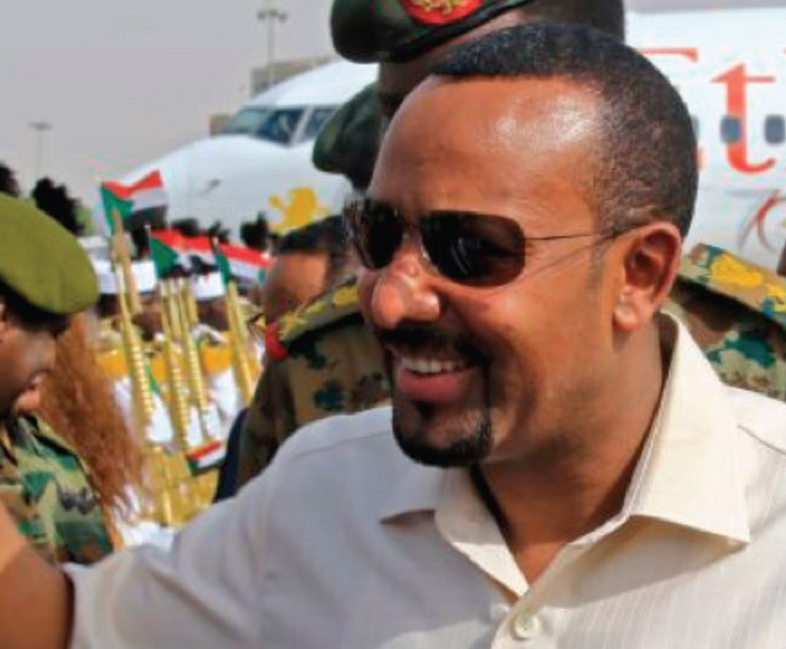- Home
- About
- Experts
- Publications
- Our Centers
- Policy Forums
- Speeches
- Events
- Multimedia
- Mon-Fri (9:00 am-7.00 pm)
- [email apolicyinstitute@gmail.com]
- +254 706 670 965
- Mon-Fri (9:00 am-7.00 pm)
- [email apolicyinstitute@gmail.com]
- +254 706 670 965

However, implemented too fast without sufficient consensus, Abiy’s massive liberal reforms have come against the fierce gusts of ethnic nationalism, within the context of Ethiopia’s complex patchwork of competing ethnic groups in nine autonomous regions and a long history of militarism
The Prime Minister of Ethiopia, Dr Abiy Ahmed Ali, is the latest high-profile individual to win the prestigious Nobel peace prize. Fondly known for his charisma, Abiy joins the list of laureates recognized by the Norwegian peace committee, for their outstanding contribution in strengthen international peace,
As a son of a Muslim Oromo father and an Amhara Orthodox Christian mother, married to an Amhara wife, Abiy is the closest you come to Africa’s Barack Obama. The election of Abiy as Prime Minister on April 2, 2018 set off a reformist dynamic and geared a bold move to opening up Ethiopia to democratic reforms, Economic vitality, regional integration and openness to the world. Surprisingly, Abiy led the wonder peace and cooperation deal with Eritrea on July 7, 2018, ending nearly three decades of stalemate and helped break the political deadlock between Sudan’s Military Junta, leaders of the protest movement and the Forces for Freedom and Change (FFC) on August 19 2019